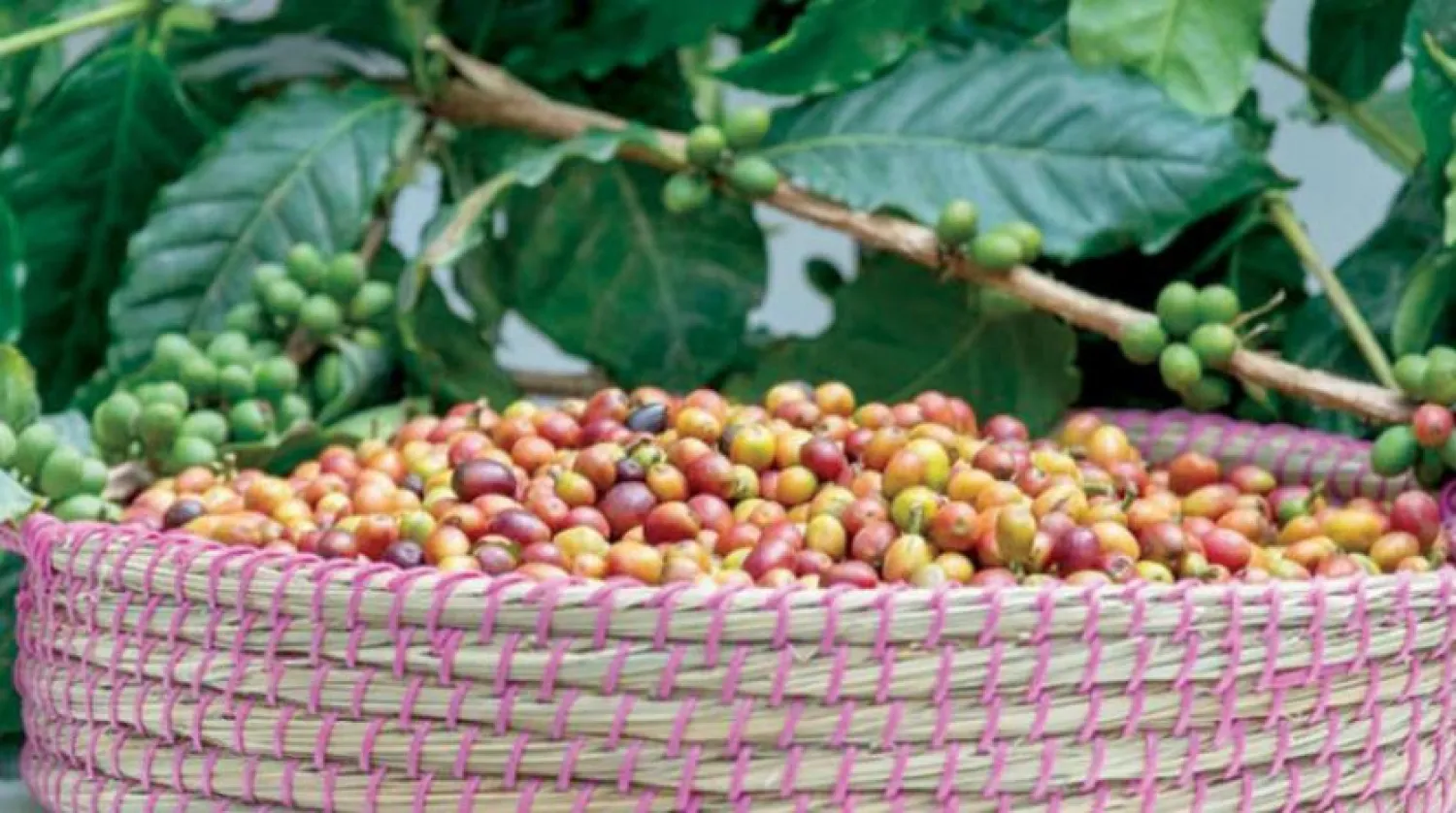Saudis spend over $266 million on instant coffee, as the government attempts to convert 13 provinces in the country into a source of coffee production, according to a new report.
The Saudi Ministry of Environment, Water and Agriculture aims to benefit from the southwestern region, which enjoys an environment capable of cultivating coffee, as a vital source for coffee production, especially Khawlani coffee beans, known for their high quality.
The initiative aims to increase local coffee production to support the national economy in accordance with the objectives of Vision 2030.
The Saudi Press Agency (SPA) reported that farmers in the southwestern region began collecting the Khawlani coffee crop.
Based on recent figures, the local production of Arabica coffee in the Jazan, al-Baha and Asir regions has reached 1,810 tons annually, and about 350 tons of pure coffee.
There are about 2,535 coffee farms boasting 398,000 coffee trees.
The Jazan region is home to more than 1,985 farms containing 340,000 coffee trees that produce about 1,320 tons annually and 785 tons of pure coffee after peeling. The area also hosts an annual festival for its products.
Coffee farms in the Asir region are about 300 and contain 40,000 trees that produce 200 tons of coffee, and 100 tons of pure coffee after peeling.
Baha estates produce 20 tons of pure coffee from over 250 farms that contain 18,000 trees.
The report indicated that the Kingdom is among the world's top coffee consumers. The Saudi market imports about 73,000 tons annually.
The Ministry of Environment, Water and Agriculture has established a coffee research unit at the Agricultural Research Center in the Jazan region.
The unit aims to address issues and concerns of coffee producers, identify obstacles, and provide integrated solutions through seminars about coffee beans and their production.









